Scotland has one large milk bank, based in Glasgow. It provides safe, screened donor milk to all Neonatal Units and some community mums across Scotland. Sick and premature babies who require donor human milk in the early days can access it while their mothers are supported to express their breast milk.
Why is donating breast milk important?
Milk donated through the bank allows sick and premature babies to get the best possible start to life. By donating, you’ll be offering these babies an invaluable gift.
In 2021 the bank received over 2443 litres of milk and provided milk for over 1100 babies. Half of the babies who received milk were less than 2kg when they were born, and over 70% were premature.
Who can become a donor?
If your baby is less than 2 years old, you have stored milk that is less than 90 days or milk surplus to your own baby's needs, or you’ve finished breastfeeding your baby but feel you could carry on expressing, you could become a donor.
You can also continue to donate after loss, if you feel that is something you would like to do.
You don't need to live near Glasgow to donate. The service will collect from all over mainland Scotland – although if you live a long distance away you may be asked to store in larger volumes.
Unfortunately, if you have any one who smokes or vapes in your household we can't accept your milk.
There are also some medications that will stop you from being able to donate, including medication for depression, anxiety and high blood pressure. If you’re not sure, get in touch with the bank and they’ll be happy to talk it through with you.
Thinking about donating breast milk?
Here's what you need to know.
- All potential donors are asked to complete a consent form and a health and lifestyle questionnaire which you can be sent by email or post. You’ll also need to have a blood test before you donate – this can be done locally.
- Your milk will be tested for unwanted bacteria and pasteurised. All breast milk has bacteria in it, and in normal circumstances this is good for normal, healthy babies. However, because donated milk is used to feed pre-term or sick babies, all unwanted bacteria is removed to avoid any risk.
- You can donate milk already stored in your freezer, but the milk must be pasteurised within 90 days. Let the milk bank know as soon as possible so that it can be transported before it the 90 days are up.
Visit the Milk Bank page on the NHS Greater Glasgow and Clyde website for more information.
Who can receive donor milk?
The priority for the milk bank is preterm and sick babies in hospital. If your baby is in a neonatal unit and you don't have enough breast milk, donor human milk may be offered as an alternative to artificial formula. Your midwife or healthcare team will discuss this with you and answer any questions you may have.
Once at home, if you have any worries about your baby’s feeding, it’s best to talk to your midwife or health visitor, or call the National Breastfeeding Helpline for advice and support.
 Activities & Play
Activities & Play Behaviour
Behaviour Childcare
Childcare Development & Growing Up
Development & Growing Up Family, Friends & Relationships
Family, Friends & Relationships Feeding Your Baby
Feeding Your Baby Food & Eating
Food & Eating Health & Safety
Health & Safety Mental Health & Wellbeing
Mental Health & Wellbeing Money & Work
Money & Work Online Behaviour & Safety
Online Behaviour & Safety Pregnancy & First Days
Pregnancy & First Days School & Education
School & Education Sleep
Sleep


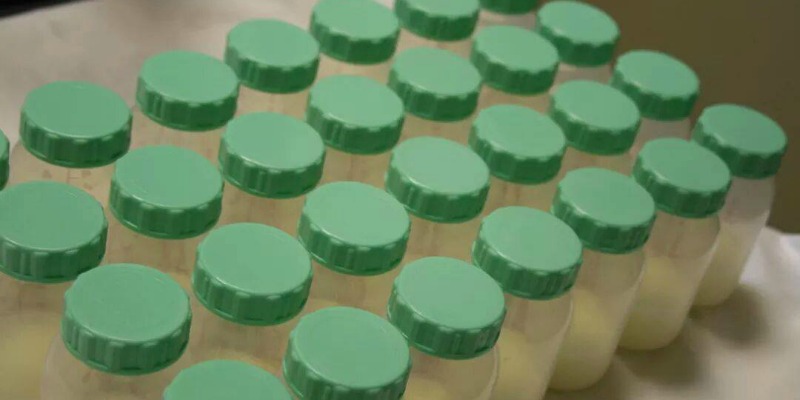
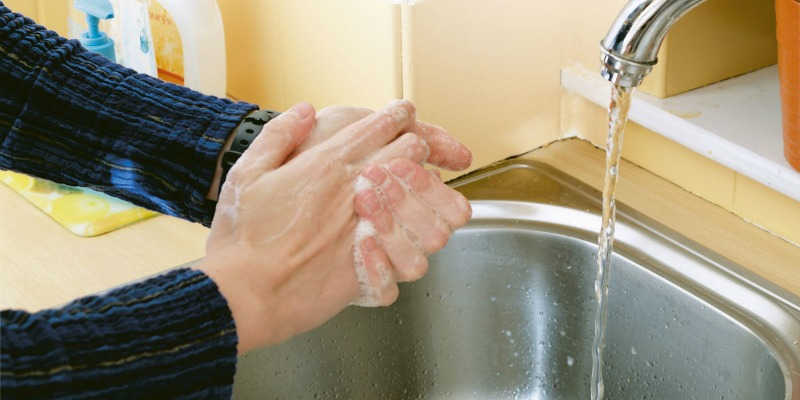
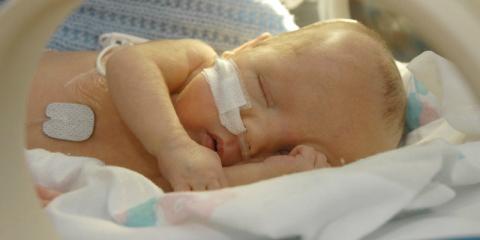
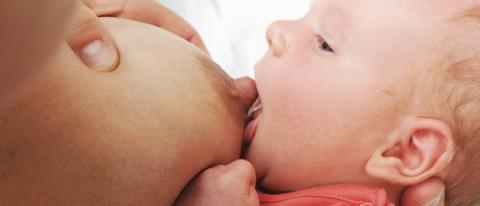
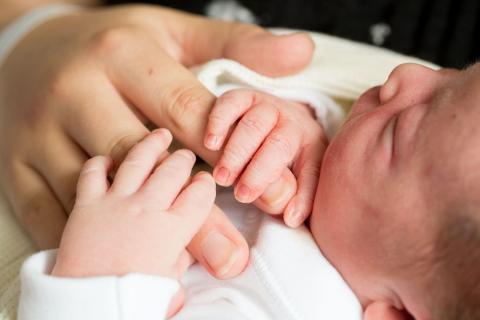
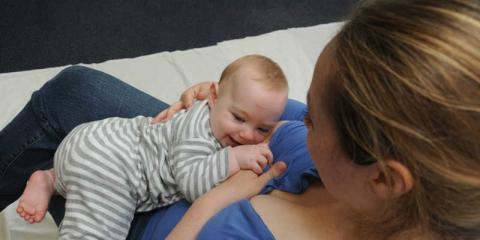
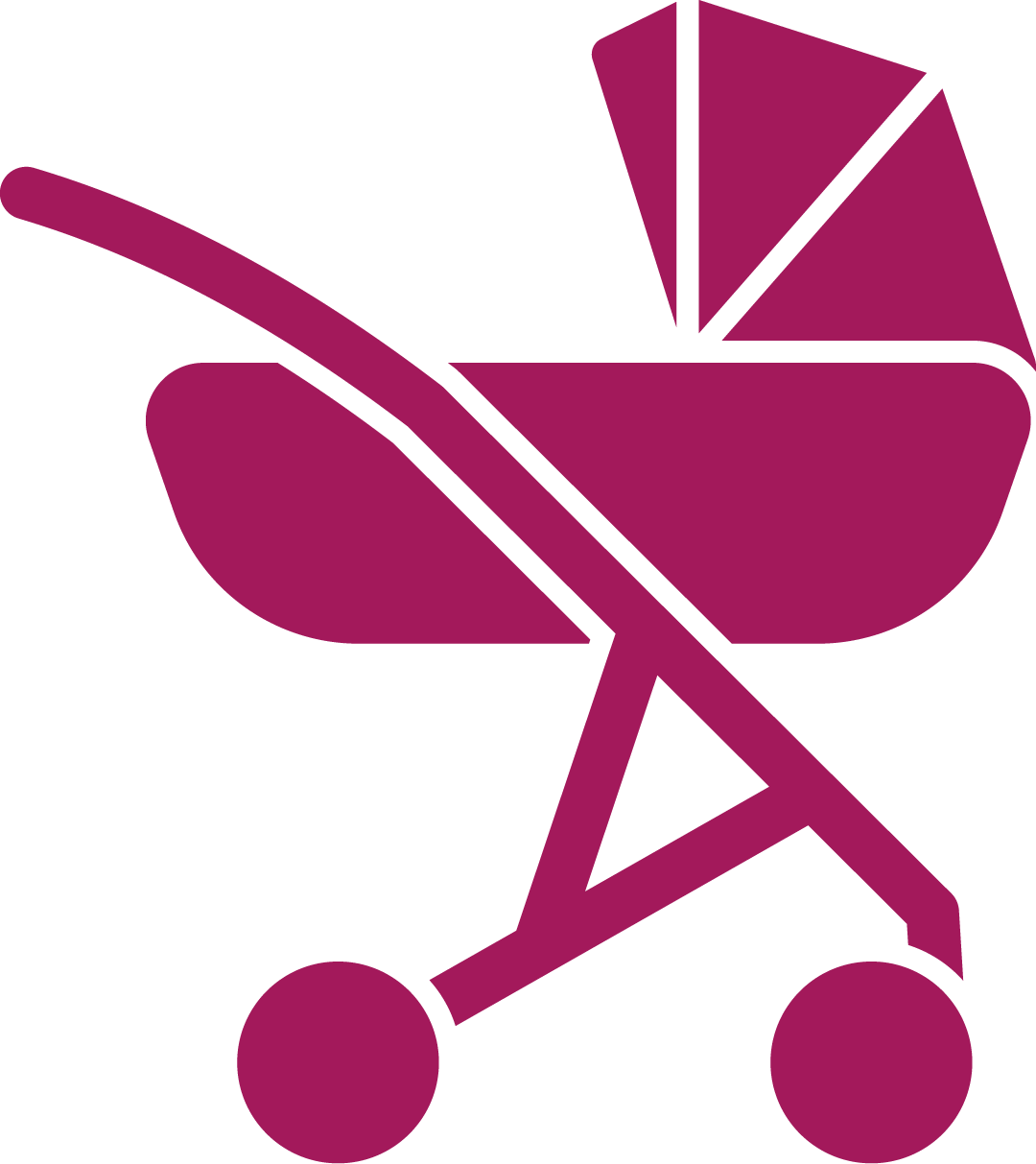 Pregnancy & First Days
Pregnancy & First Days
 Sleep
Sleep